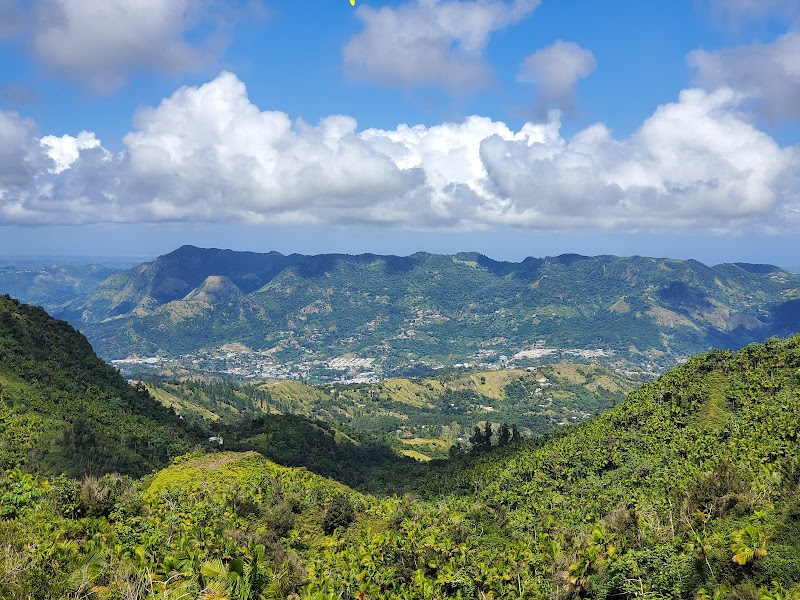
Las Salinas Wildlife Refuge Adventures
Las Salinas Wildlife Refuge on the southern coast of Puerto Rico provides critical habitat for shorebirds and mangrove ecosystems, offering excellent birdwatching and nature observation opportunities.
About Las Salinas Wildlife Refuge

Las Salinas Wildlife Refuge, located along the southern coastline of Puerto Rico near the municipality of Salinas, encompasses coastal wetlands, salt flats, and mangrove forests. The refuge extends over a mosaic of marine and terrestrial habitats that support a wide variety of wildlife, especially migratory shorebirds and waterfowl. Its coastal marshes and saline lagoons are essential stopover points for birds traveling along the Caribbean migratory routes, making it a premier destination for birdwatchers and nature enthusiasts. Established to protect these ecologically sensitive areas, Las Salinas Wildlife Refuge conserves one of the last remaining mangrove ecosystems in the region, which provides a breeding ground for numerous fish, crustaceans, and other marine species. The refuge’s flat, open terrain makes it easily accessible for visitors interested in wildlife photography and quiet observation. While it does not feature extensive trail systems or camping facilities, Las Salinas offers several designated observation points and boardwalks that allow safe viewing of the wildlife without disturbing the fragile habitats. Additionally, the area holds cultural significance tied to the traditional salt production practices once common in the region. Visitors often combine visits to Las Salinas with nearby beaches and marine areas, contributing to its appeal for eco-tourism and outdoor day trips. The refuge plays an important role in educating the public about coastal ecosystem preservation, migratory bird conservation, and the importance of maintaining healthy wetland environments amid increasing development pressures.
Highlights
Extensive salt flats and mangrove forests critical for shorebird habitat
Rare opportunity to see migratory birds such as the Black-bellied Plover and Least Tern
Boardwalk observation platforms designed for unobtrusive wildlife viewing
Proximity to culturally historic salt mining areas and coastal landscapes
Notable Natural Features
Mangrove Forests
Provides essential breeding and nursery habitats for fish and crustaceans, as well as shelter for many bird species.
Salt Flats
Historic salt evaporation ponds that now serve as crucial feeding grounds for migratory shorebirds.
Observation Boardwalks
Elevated walkways enable visitors to view wildlife with minimal disturbance in sensitive wetland areas.
